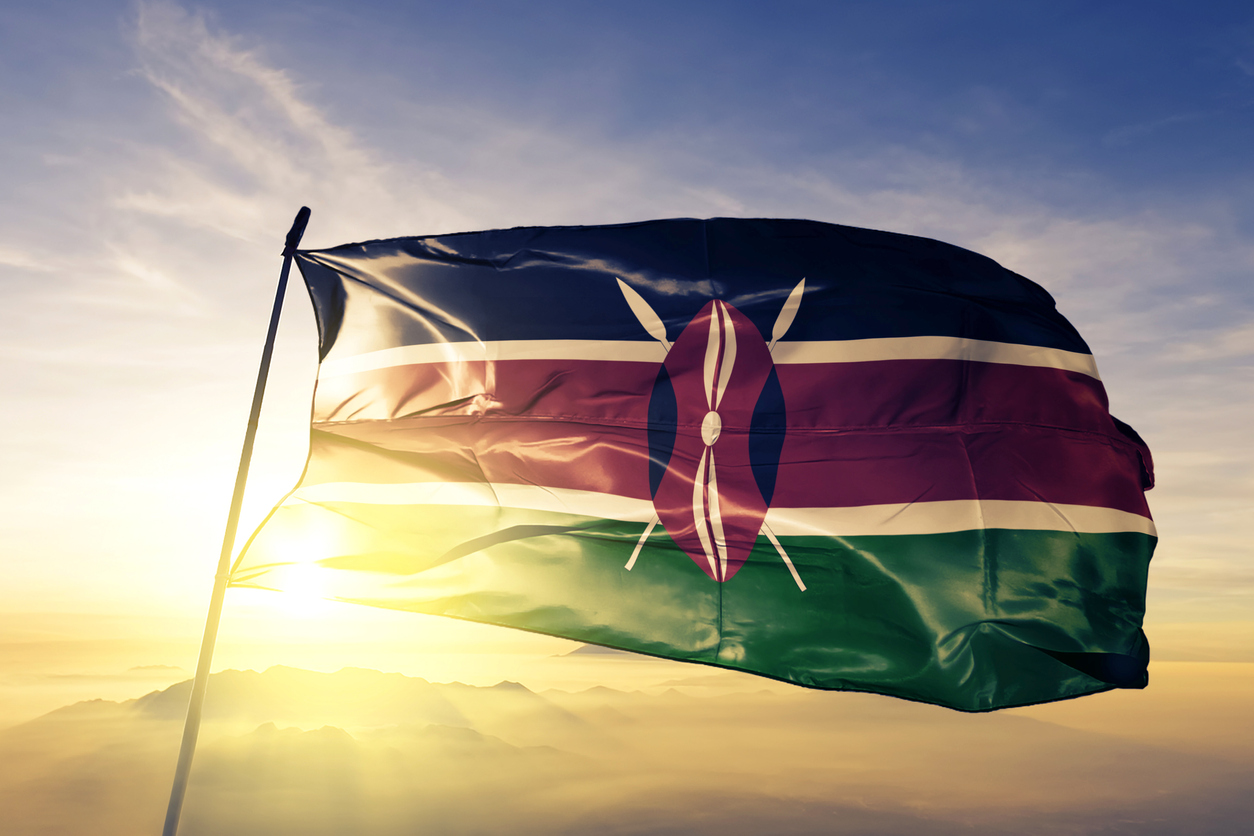A Comprehensive Guide to Shipping Goods From Thailand to Kenya
A Comprehensive Guide to Shipping Goods From Thailand to Kenya
Shipping goods from Thailand to Kenya can be a daunting task, especially if it’s the first time you have done it. There are a lot of things to consider, from understanding the different shipping methods, to finding the best shipping companies, to understanding how to navigate the different customs and regulations. To help simplify the process, this comprehensive guide will provide all the information you need to know to successfully ship goods from Thailand to Kenya. We’ll go over the different shipping methods, the different shipping companies, the customs and regulations, and the documents and other information that you need to provide. By the end of this guide, you will have all the knowledge you need to make sure that your shipment arrives safely and on time. So let’s get started!
Overview of Shipping Methods
Shipping methods are the means by which goods are transported from one country to another. The type of shipping method that you choose will depend on a variety of factors, including your budget, the type of goods being shipped, the distance being traveled, and the speed needed to get the goods there. The most common shipping methods used to ship goods from Thailand to Kenya are air freight, sea freight, and road transport. Let’s take a closer look at each of these shipping methods. Air freight is the fastest method of shipping, and it’s able to reach any destination in the world in just a few days. It’s a great option for time-sensitive shipments where speed matters most. However, air freight is usually the most expensive shipping method. If you’re shipping heavy or large items, air freight may not be a good choice because it would be too expensive to ship. A good option for light and small goods, but not for heavy or large items. When shipping goods by sea freight, you have two main options – a consolidated shipment or a non-consolidated shipment. A consolidated shipment means that your goods will travel in a container with other people’s goods, which can often save on costs. A non-consolidated shipment means that your goods will travel in their own separate container.
Finding the Right Shipping Companies
When it comes to shipping companies, there are a ton of options, and it can be hard to decide which one to go with. A good place to start is by looking online for reviews and recommendations for shipping companies. Many online forums are dedicated to discussing different shipping companies, which can help you find a good option. You can also look for shipping conferences or expos in your area. These events are often put on by shipping companies or logistics companies and allow you to meet face-to-face with representatives of different shipping companies. This is a great way to get an idea of which companies are available in your area and which ones are the best fit for your needs. Another way to find the right shipping companies is by considering the type of shipping you want to do. For example, if you want to do air freight, you’ll want to find air freight shipping companies.
Understanding Customs and Regulations
When shipping goods between countries, you’ll likely encounter some sort of customs or tax-related issue. The important thing to keep in mind is that these are normal occurrences. Customs officials are responsible for making sure that imported goods are safe and are not a threat to the country. They make sure that the goods match their description and that the value declared on the goods matches the actual cost. For example, if you import a shipment of boxes, and you declare that the boxes are worth $100 but they are actually worth $10, customs will charge you the correct amount. In some cases, authorities will even open your boxes and products to ensure that everything is okay. One way to prevent any issues with customs is to declare the value of your goods accurately. This will help to prevent any unexpected charges. Additionally, it’s a good idea to keep your goods in their original packaging. The original packaging shows that the value of your goods is accurate. Customs officials will be less likely to inspect your goods if they are in the original packaging. Be aware of the import regulations in each of the countries that you are shipping to.
Gathering Required Documents
When shipping goods from Thailand to Kenya, there are a few key documents that you need to have. The first is a commercial invoice. This is a document that provides details about the items that you are importing. It includes information such as unit price, quantity, description, and value. The commercial invoice serves as a declaration for what is being imported and will usually be used by the shipping agent and the customs authority. If a shipping agent is handling your shipment, you may also need to have a packing list. A packing list details the exact items that are being shipped. It can be helpful for both you and the shipping agent. The last document that you will likely need is a health and sanitation certification (HS). The HS certificate proves that your products have been inspected and meet the health and safety regulations of the importing country.
Tips for Successful Shipping
As we’ve discussed, there are a lot of things to consider when shipping goods from Thailand to Kenya, and it can be a stressful and overwhelming process. However, there are a few things that you can do to make it a little easier. First, you want to make sure that your products are properly packaged. Poorly packaged products are more likely to be damaged or get lost in transit. This can cause a delay in shipping and may result in an increase in costs. Next, you want to make sure that you are selecting the right shipping method. Remember that shipping methods vary in terms of speed, cost, and method of transportation. In addition to these things, you also want to make sure that you have all the correct documents and information. Missing information or incorrect information can cause problems and delays with your shipment.
Conclusion
Shipping goods from Thailand to Kenya is a complex process. There are many different factors to consider, and it’s important to do your research and make sure that you’re using the best shipping company for your needs. Start by looking online for reviews and recommendations for shipping companies. When selecting a shipping company, keep in mind that speed, reliability, and cost are the three most important factors. To ensure a smooth and successful shipping experience, you also need to make sure that your products are properly packaged and that you have all the correct documents and information. With the right preparation, you can make sure that your shipment arrives quickly and without any issues.








LEAVE A COMMENT
You must be logged in to post a comment.